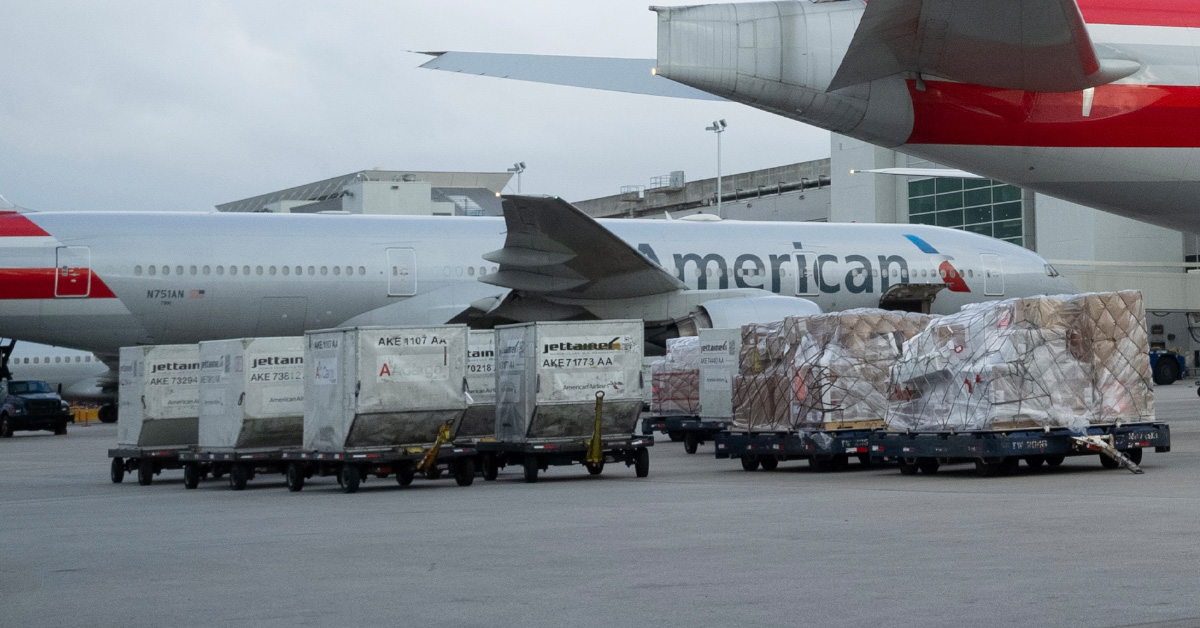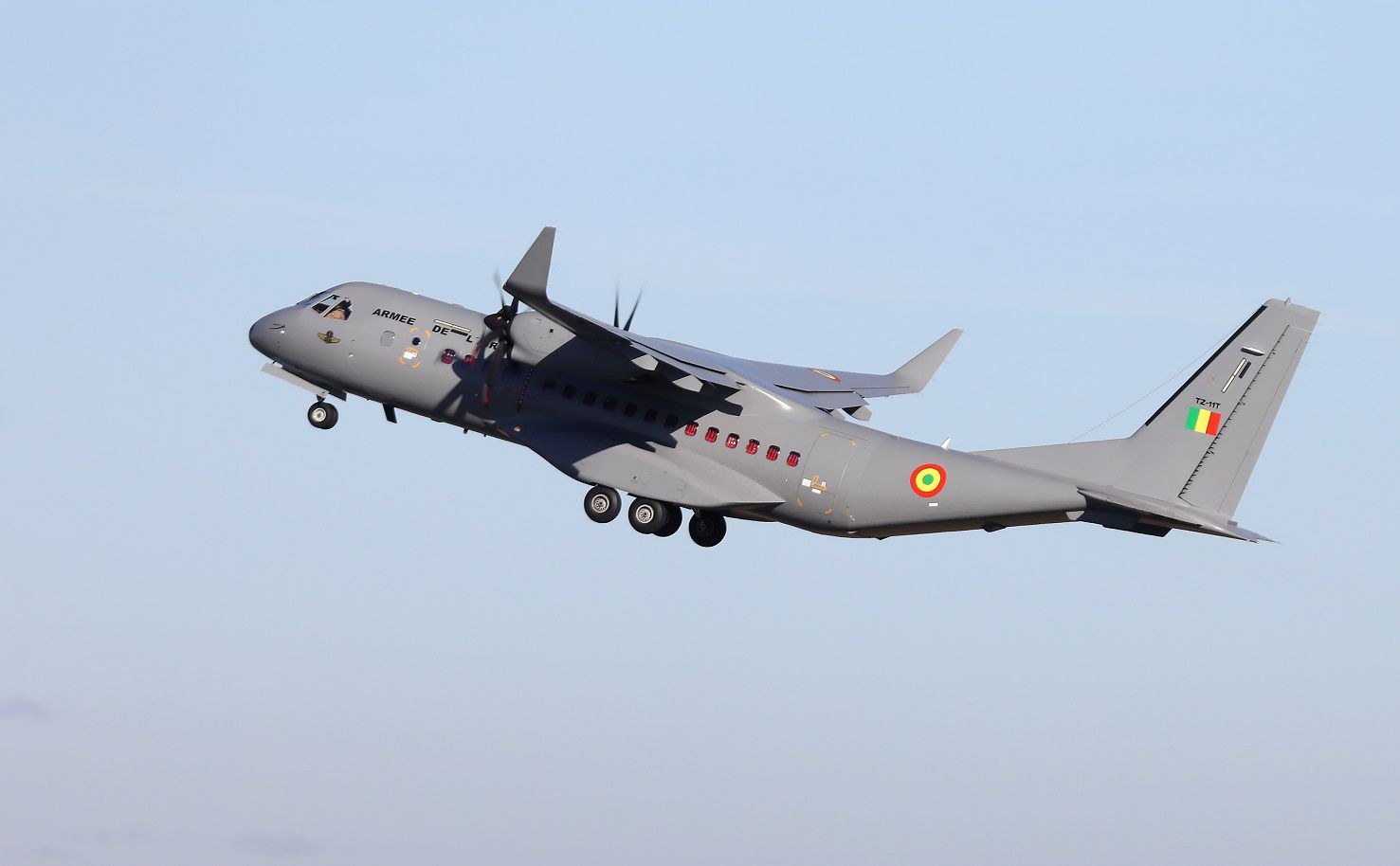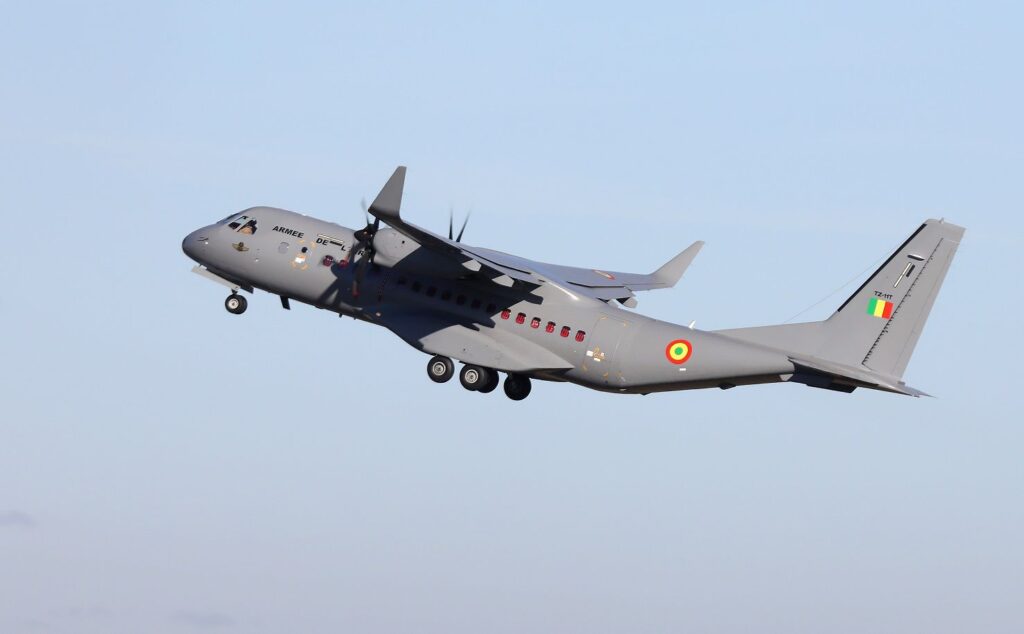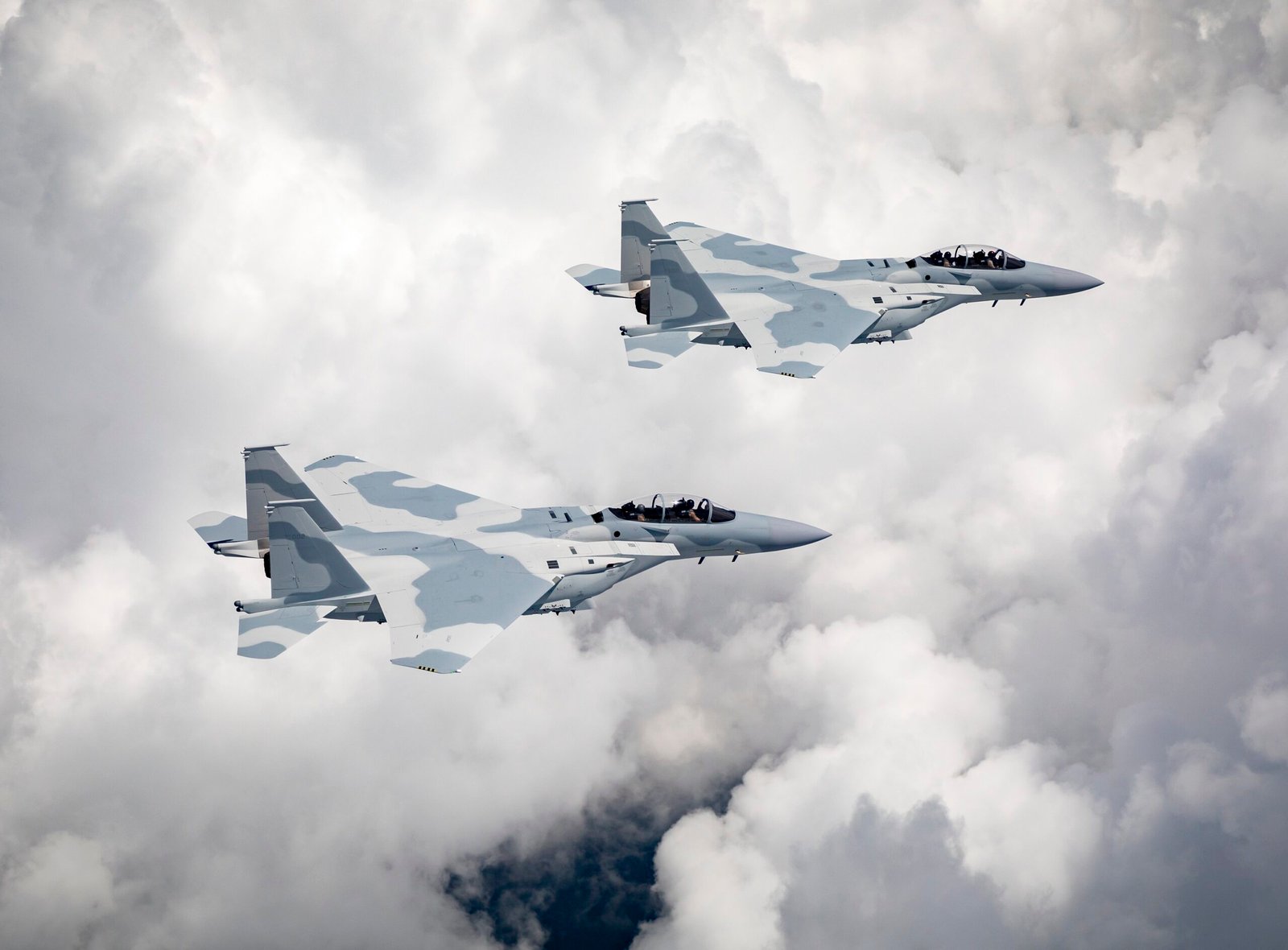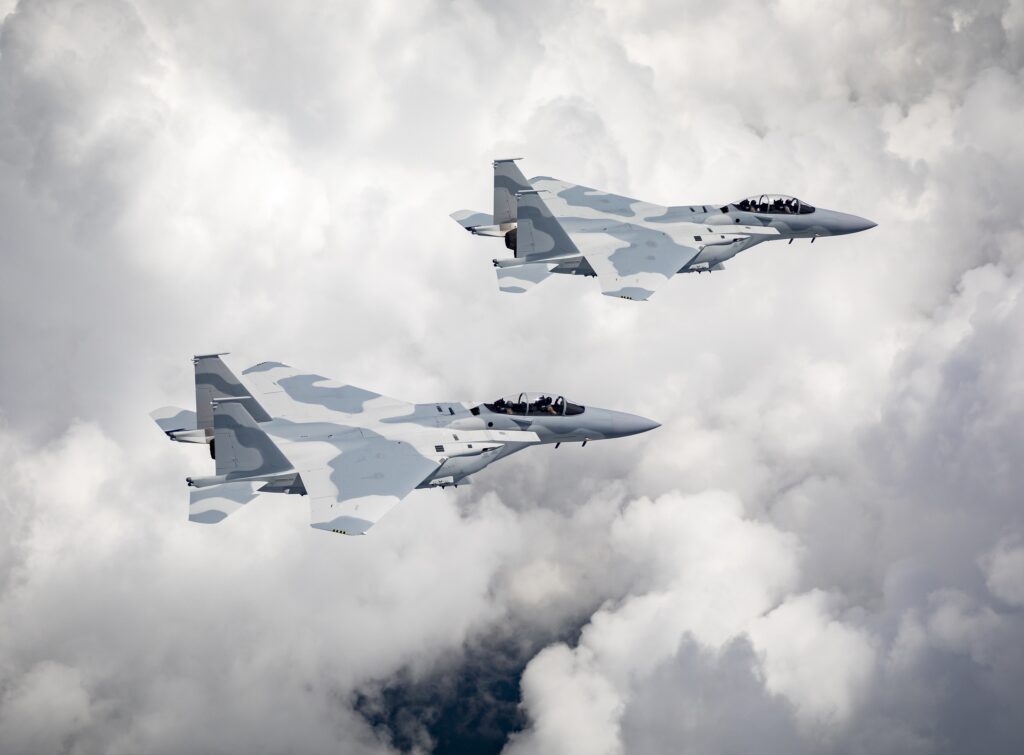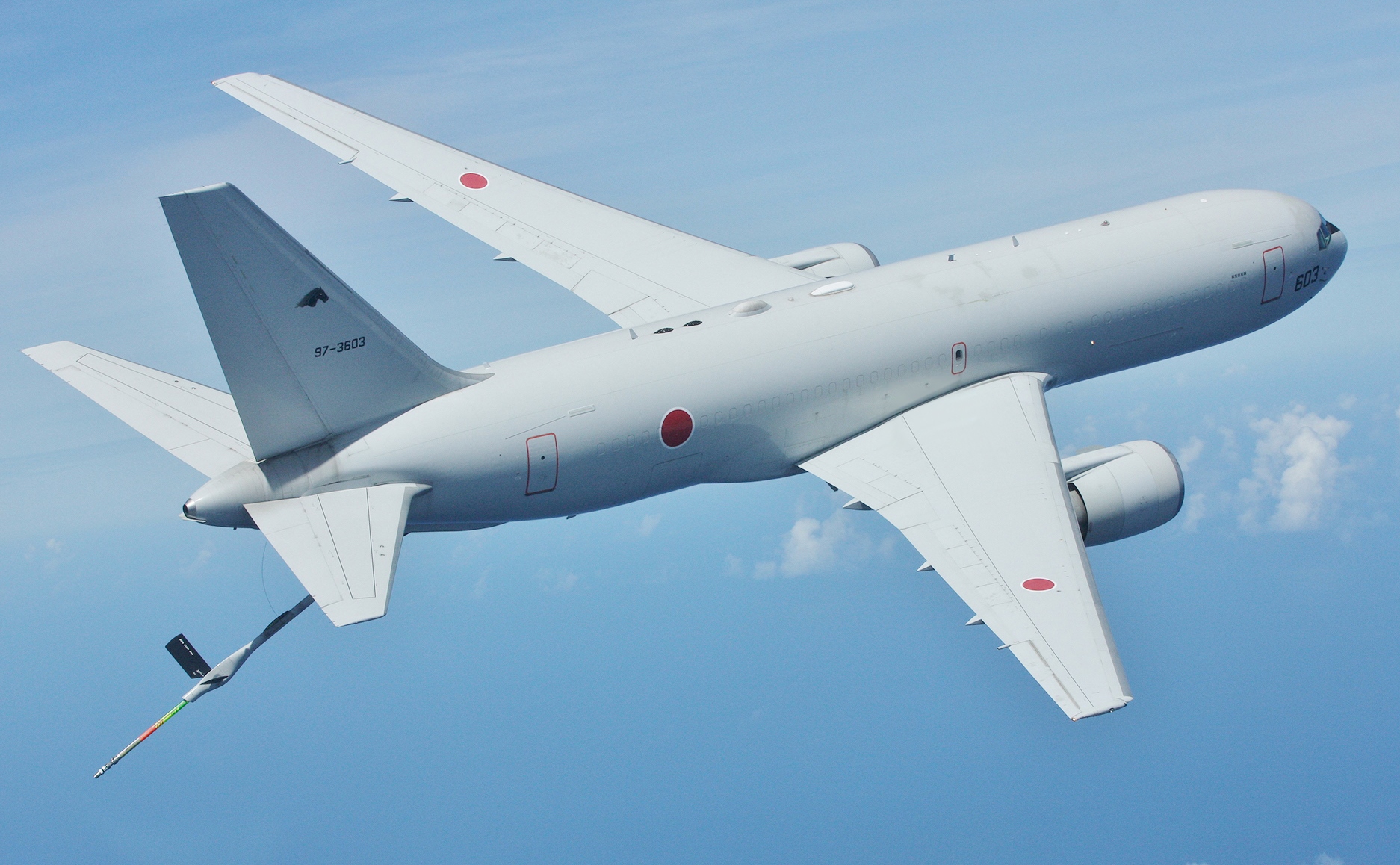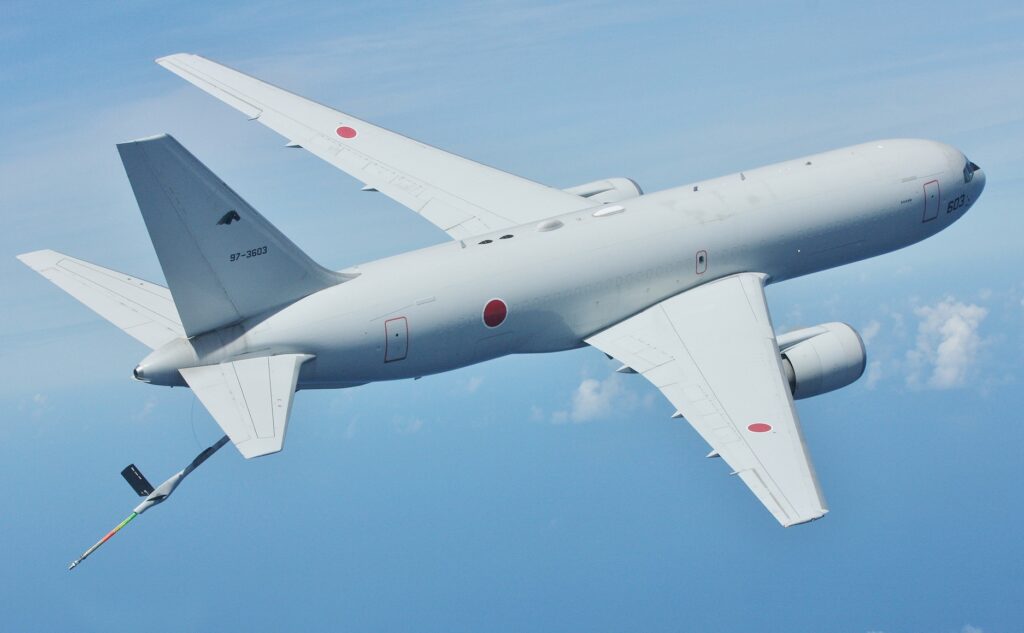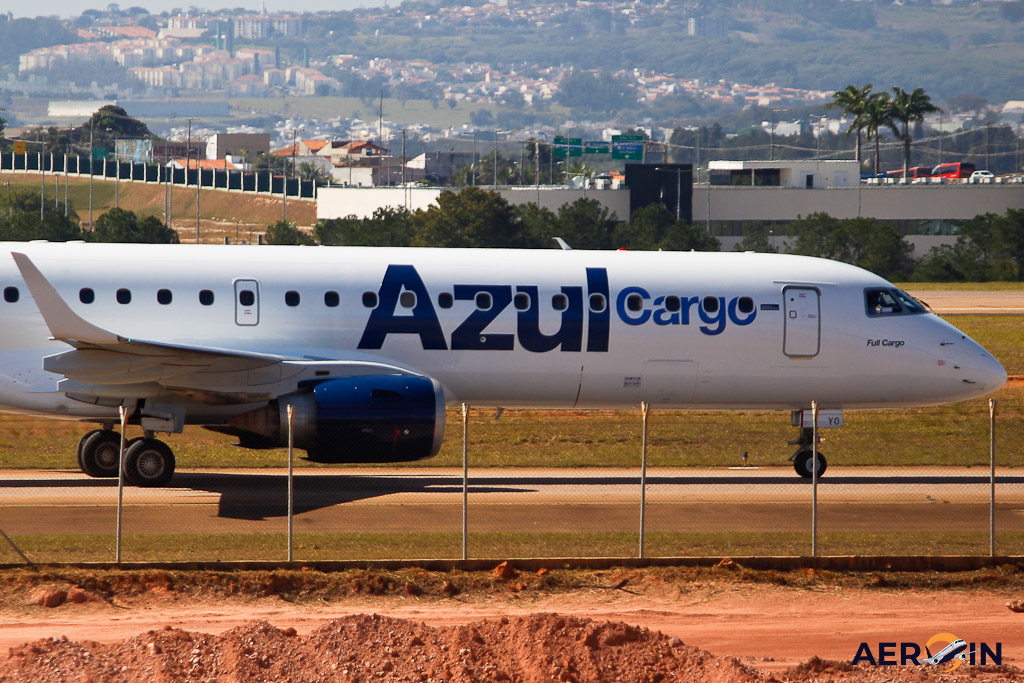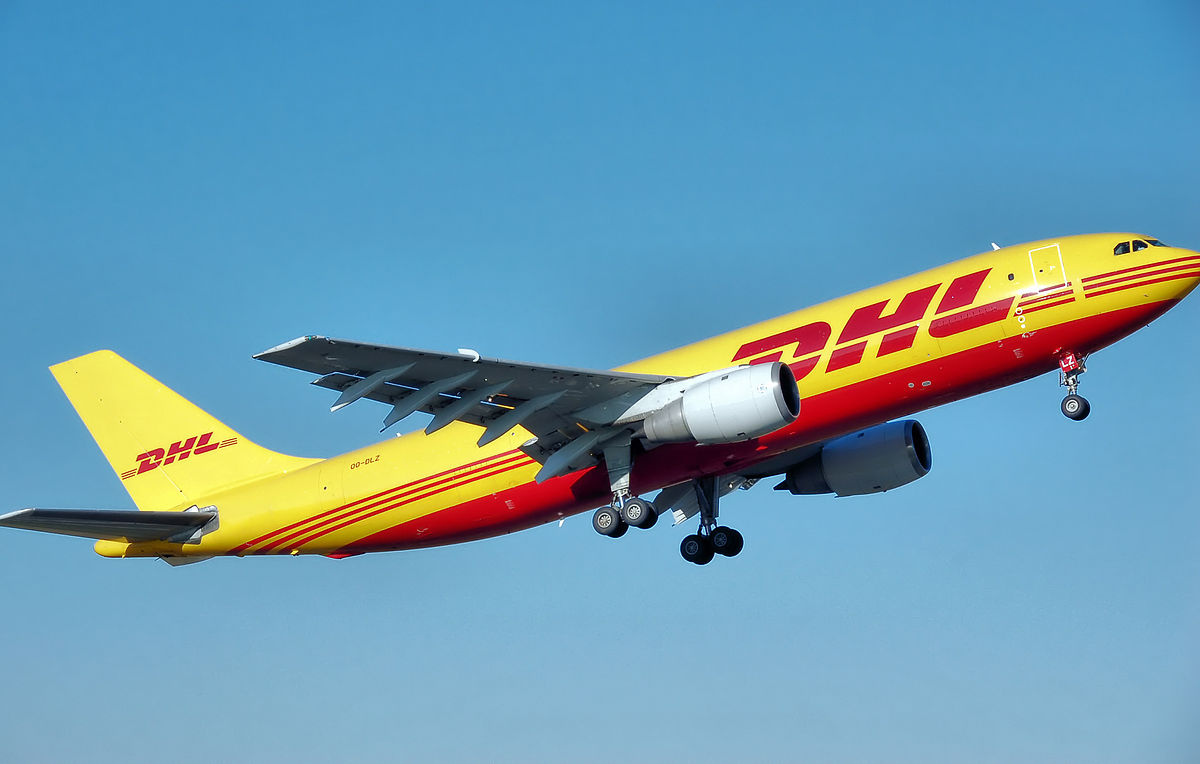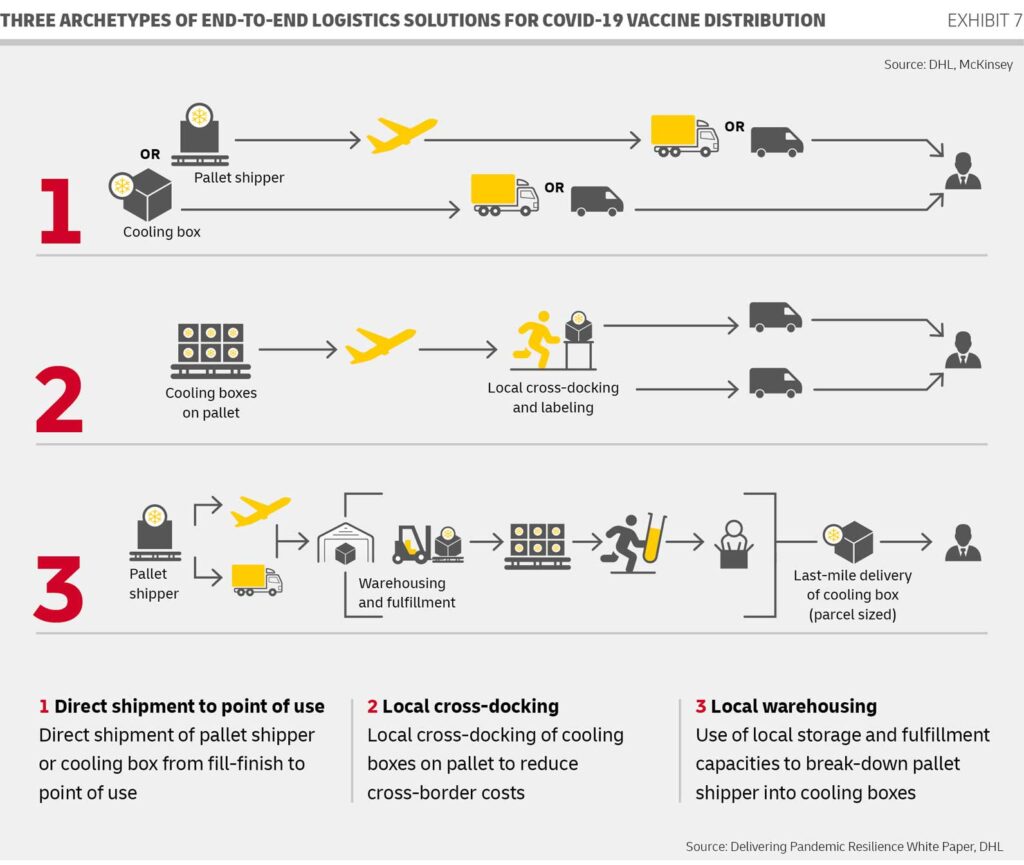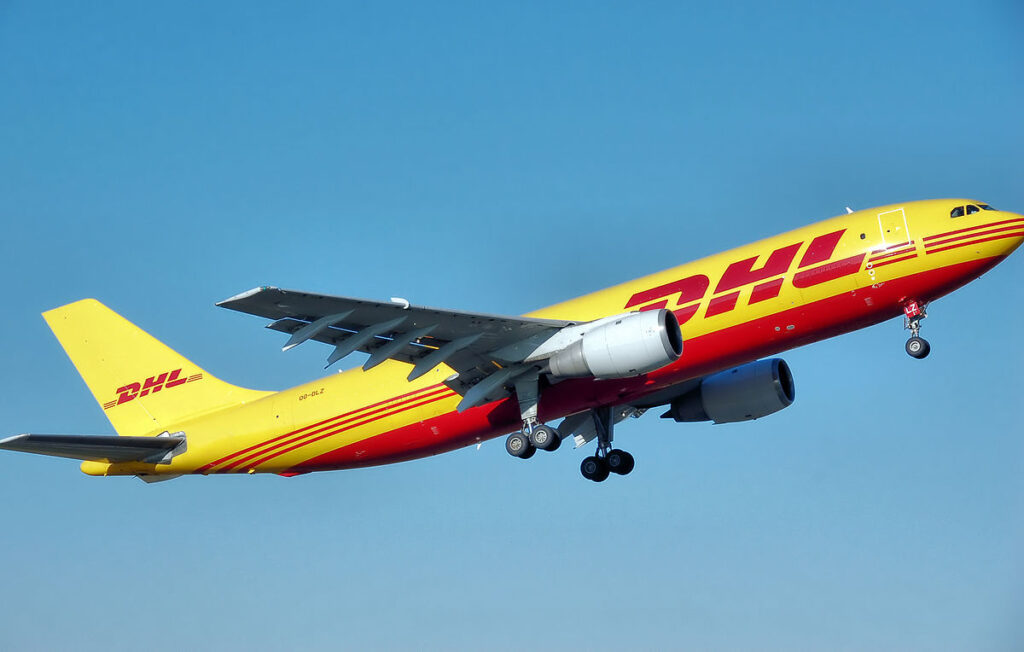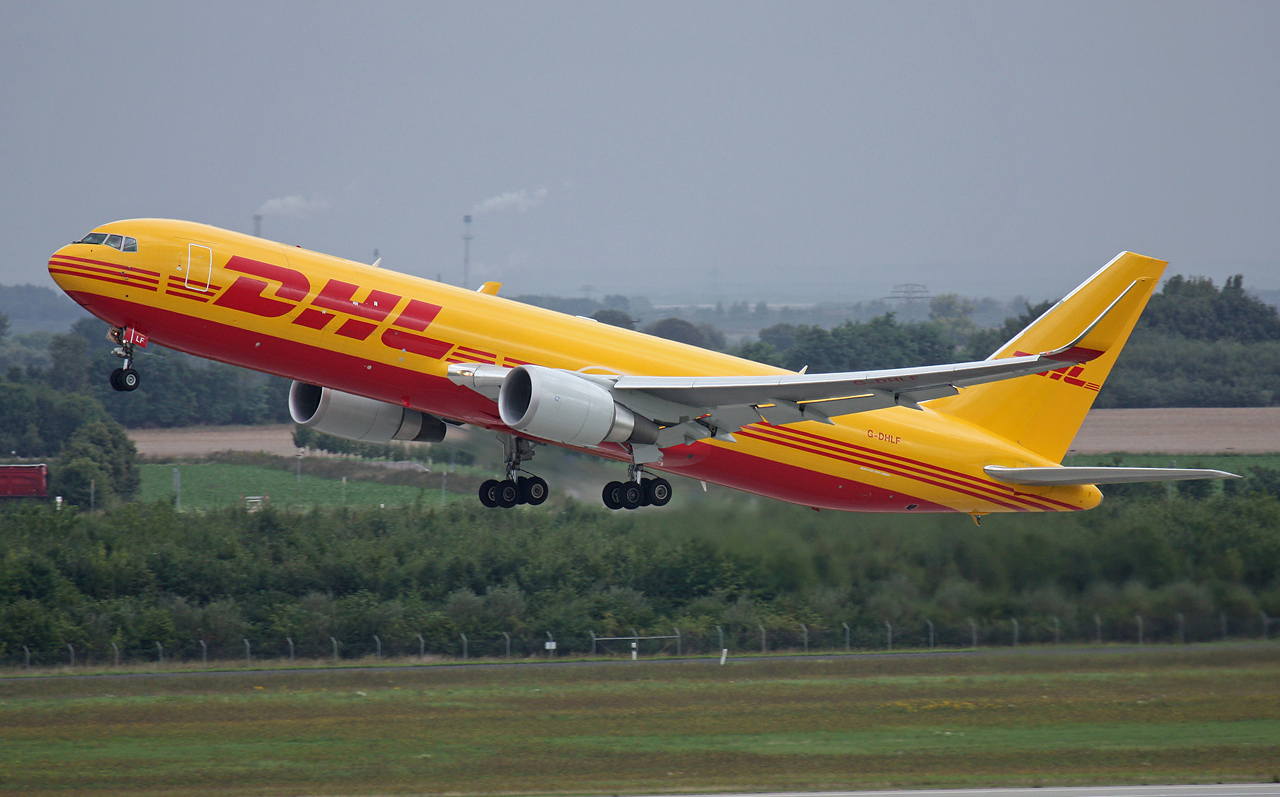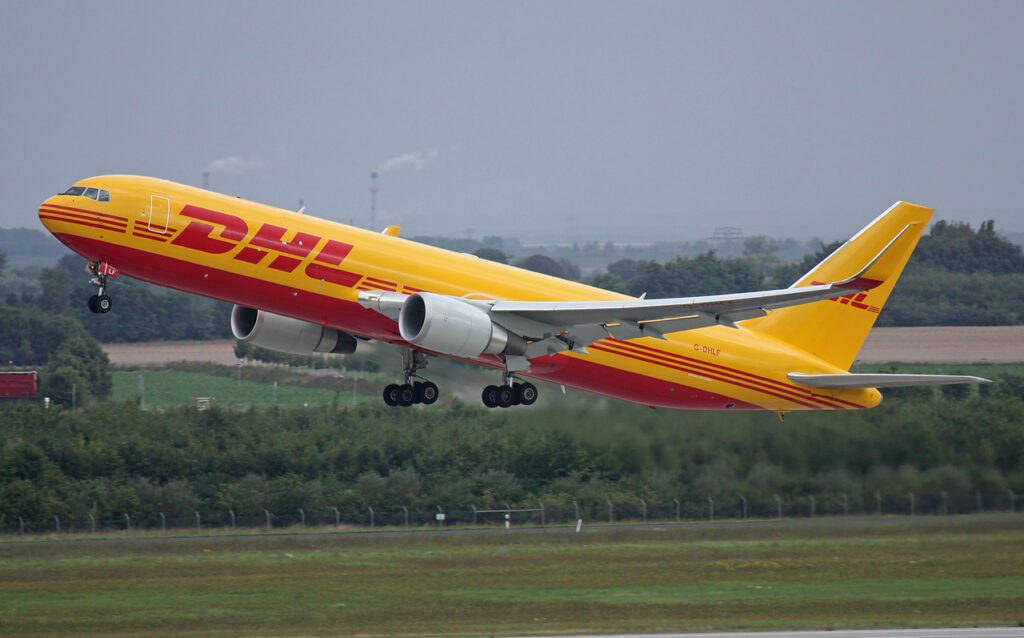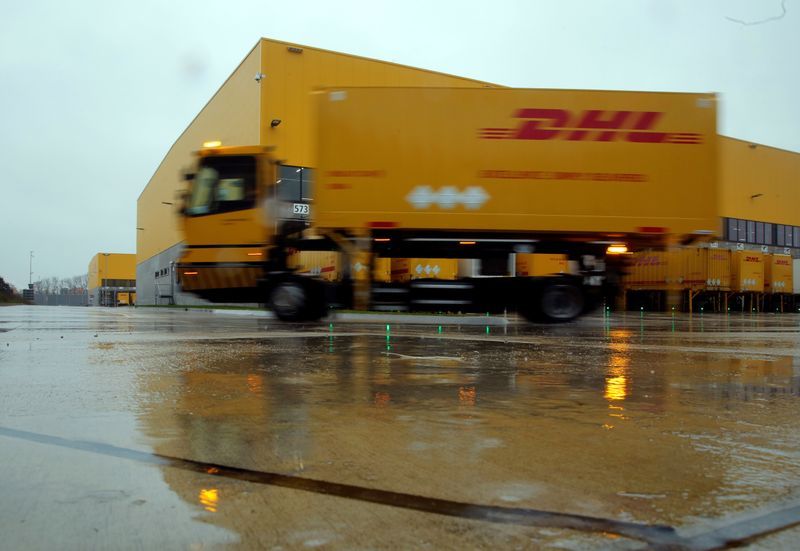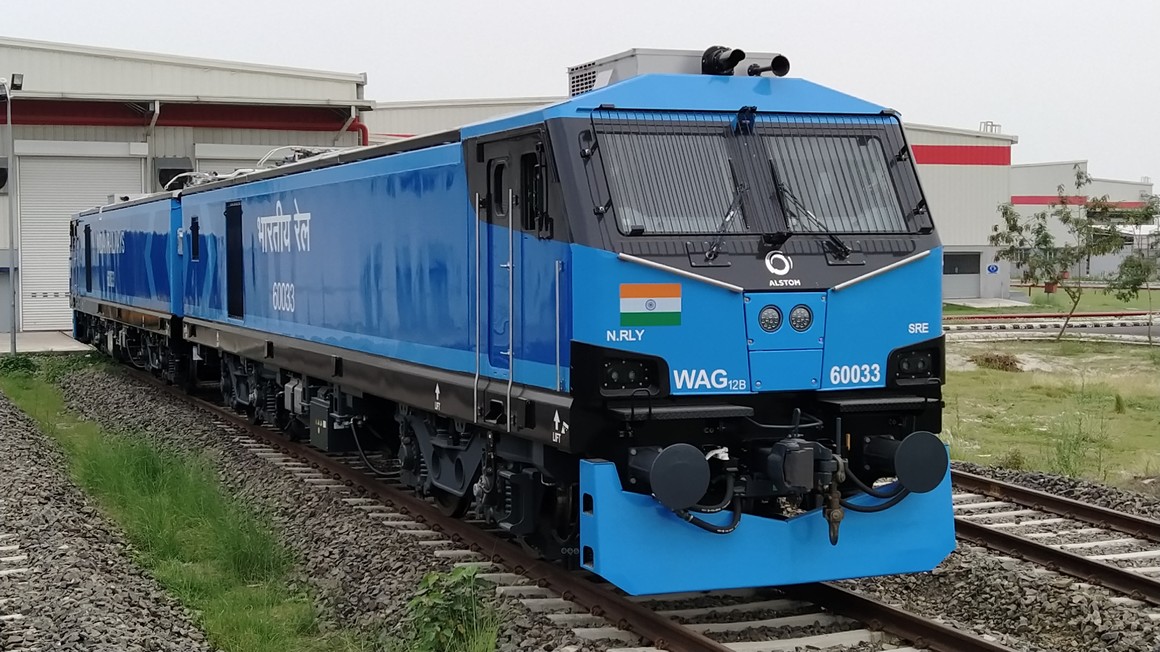The American Airlines Cargo team carried its first shipment of coronavirus (COVID-19) vaccine last night. In close collaboration with pharmaceutical and cargo partners, the airline received the shipment by truck at Chicago O’Hare International Airport (ORD) and loaded the shipment onto a Boeing 777-200 aircraft flying to Miami International Airport (MIA). The vaccine shipment will arrive at its final destination in a U.S. territory in the Caribbean later today.
“The American team is proud to be a part of the critical effort to get lifesaving vaccine safely and quickly to people around the world,” said American Airlines Cargo President Jessica Tyler. “We were able to mobilize within hours of getting the call to move thousands of doses. We know this is the first of many shipments to come, and we are ready to scale our operation as additional vaccine is produced and ready for distribution.”
American began conducting trial flights in November to simulate the conditions required to transport the COVID-19 vaccine, stress testing the thermal packaging and operational handling process to ensure it remains stable in transit.
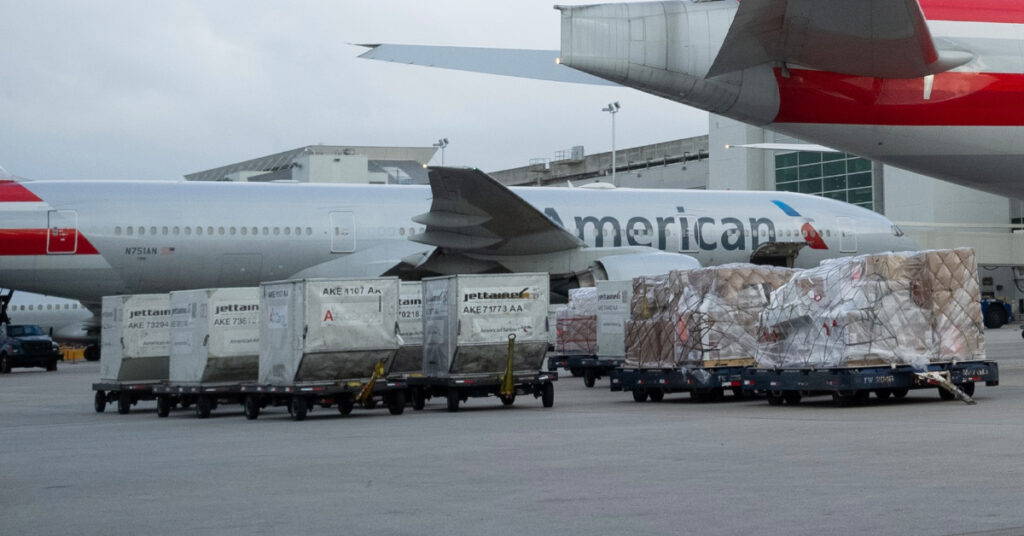
American is an internationally recognized expert in cold chain logistics with an established network of facilities and team members who specialize in temperature-critical shipments to more than 150 cities in 46 countries around the world. In addition, American has the largest dedicated temperature-controlled pharmaceutical shipping facility operated by an airline in the United States. From the time a shipment arrives at one of American’s facilities, it is tracked throughout its journey on the ground and from the airline’s Cargo Control Center, located within its Integrated Operations Control in Fort Worth, Texas.
This level of expert care has earned American the International Air Transport Association’s prestigious Center of Excellence for Independent Validators in Pharmaceutical Logistics (CEIV Pharma) certification. The CEIV certification is given to air carriers and players in the air cargo supply chain that have established the tools, procedures and staffing to ensure life sciences products are properly handled and arrive at their destination fully effective.
Since the beginning of the pandemic, American has been transporting hundreds of thousands of pounds of personal protective equipment (PPE), medical equipment, COVID-19 test kits and pharmaceuticals to help battle the coronavirus, as well as components for Phase III COVID-19 vaccine trials.
